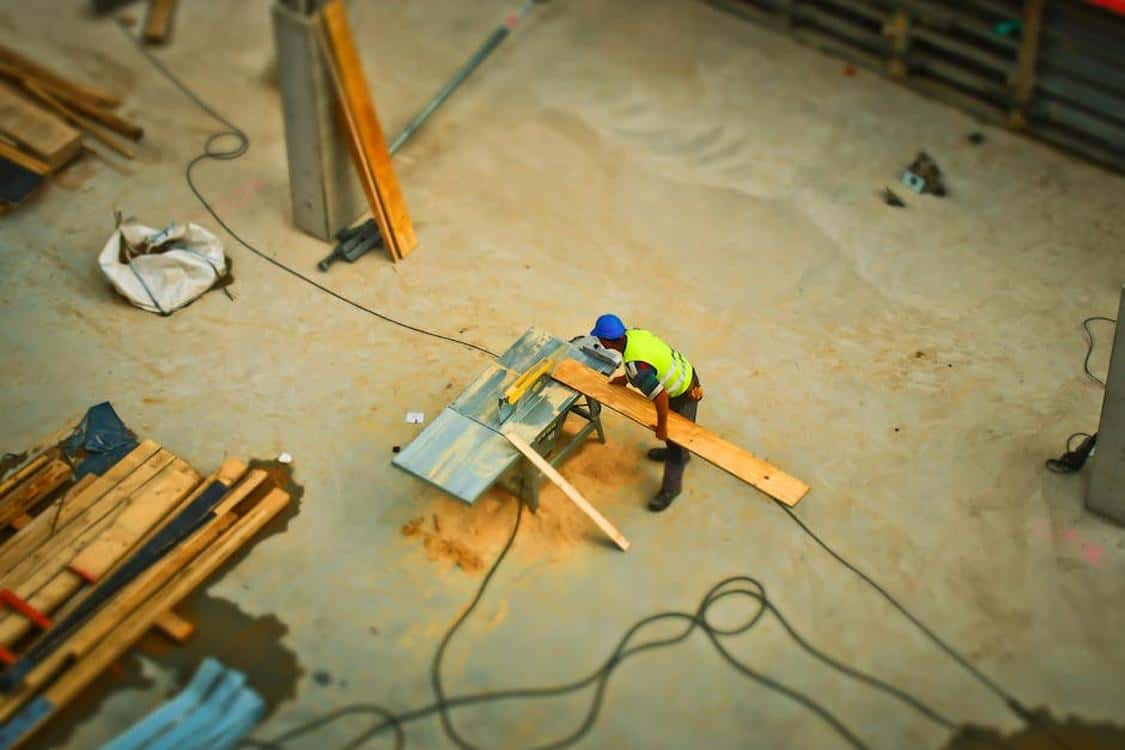Property surveys are a crucial part of owning land. They help to identify property lines and clarify the locations of structures like fences, pools, and driveways.
They also pinpoint any easements or encroachments. These details are vital for resolving legal matters and planning construction. However, not everyone knows why they need a survey or when to get one.
1. You’re Buying a New Home
There are many factors to consider when you’re shopping for a new home. Certainly, you’ll want to take into account things like the neighborhood and commute time, local public schools (since quality education is an important feature to many families), and house size and features that suit your lifestyle and preferences.
But it’s also important to look at the property survey, which will help you to understand the lay of the land and what kind of potential issues and hazards are associated with a particular piece of real estate. A professional property survey will clearly identify and define a property’s legal boundaries, which is important to both the buyer and seller.
For example, a survey may show that a fence or shed extends over a neighbor’s property line, something Blackacre Surveyors can help with. This is called an encroachment and can be problematic for both parties when it comes time to sell the property. A survey can also reveal any existing easements that are recorded on a deed. An easement is a non-possessory right to use the property of another without owning it, such as the rights granted for utility access.
If you’re looking at purchasing a new home, ask your Realtor to find out what kind of professional property surveys are available in the area. You can also check with neighbors and local real estate agents to see if they have any recommendations. You could even try to contact the surveyor who performed the previous land survey on the property, as they may still have records and maps in their files. If you can’t find anyone locally, there are many online resources that can help you find a reliable surveyor.
2. You’re Buying an Old Home
Old homes can offer a lot of character. But, with age comes the possibility of structural problems and other issues that can be expensive to fix. If you’re looking to buy an older home, make sure you include a property survey in your purchasing contract. This will allow you to resolve any problems revealed on the survey before you sign your earnest money deposit.
It will also let you know where the property lines are located. It’s important to know the exact location of your property lines because it can prevent future disputes with neighbors over your property boundaries. The survey will also reveal any existing easements and encroachments that could affect your enjoyment of the land.
If the survey reveals an issue that you just can’t live with, you may be able to terminate the contract with the seller and get your earnest money back. But, you should also talk to a real estate attorney before taking this step because they can help you draft the letter to terminate the contract that will be sent to the seller.
Many mortgage lenders require a property survey before closing on a home. But, they aren’t required everywhere.
3. You’re Buying a New Business

A professional property survey is essential for anyone purchasing a commercial property, as it provides clarity on the exact boundaries of a parcel. This is especially important in the case of land purchases where multiple owners have been involved. It also helps to prevent future disputes with your neighbor over where your property lines begin and end, which can become a costly legal battle down the line.
It’s crucial for a commercial property owner to have an accurate map of their land, as it helps them make informed decisions about any potential projects that may impact the site. This could include adding a parking lot, installing a new road, or putting in a new building. A property survey will allow you to determine whether or not your project is in compliance with local zoning laws and ensure that it doesn’t interfere with any existing easements on the land.
There are several different types of surveys, and it’s best to consult a professional land surveyor to determine which one is right for your needs. A boundary survey is a traditional option, determining property lines by using physical markers and looking at recorded deeds. A topographic survey will provide detailed mapping of a site’s contours and features, which can be beneficial for construction projects. A location survey is similar to a boundary survey but adds in details about interior improvements. A ALTA/NSPS survey is a more comprehensive option designed specifically for commercial real estate, adhering to national standards.
It’s important for a land surveyor to have access to the correct documentation of the property in question, including legal descriptions and any maps or other drawings that are available. The more information that a land surveyor has at hand, the easier it will be to resolve any disputes and get your project on track.
4. You’re Buying a Commercial Building
Many lenders require a property survey before they will approve a mortgage application. Having one done can save homebuyers time and hassle, as well as prevent future disputes over property lines. This is because a professional survey can help to clarify the location of boundary markers and easements, which can then be referred to in legal documents.
Commercial property owners also have to adhere to numerous state, county, and local regulations, making regular property surveys a smart move. Surveyors are familiar with these requirements and can ensure that your property meets them, eliminating any potential fines or other problems.
Another important reason to get a property survey is if you plan on building a fence or other improvements on your land. A survey will ensure that the project is within your boundaries and doesn’t encroach on a neighbor’s property. Likewise, a property survey can be used to find utility lines and other underground structures.
If you want to subdivide your land or build a new house, a survey will help you create accurate boundaries for each lot. In addition, lenders will usually require a survey before they’ll approve a loan for the construction.
A survey can also be helpful when settling property disputes with neighbors. For example, if your neighbor believes their fence crosses onto your land, a survey can help to settle the issue quickly and fairly. This will avoid expensive legal fees and strained relationships with your neighbors. It’s best to have a property survey conducted by a professional, as they have the tools and training necessary to conduct a thorough and accurate inspection. To get a quote for your property survey, contact a licensed land surveyor.
5. You’re Buying a Commercial Property
In commercial real estate, property surveys are just as crucial as they are in residential properties. They are used to establish the boundaries of a plot of land as well as surface and subsurface improvements, like septic tanks and wells. They also identify other types of restrictions and conditions that affect the legal description of a property, including easements and encroachments.
A professional survey can help buyers avoid unforeseen obstacles that may arise during the purchase process. These risks can include environmental impacts to streambeds, structural defects with buildings, boundary disputes between adjoining property owners, encroachments, and more. Additionally, a property survey can reveal information about the property that is not found in the deed or public records, such as zoning restrictions, the presence of underground related utilities, and more.
If you’re considering purchasing a commercial property, it’s important to have a professional survey done before closing on the deal. This will ensure that the property’s physical location matches its legal description in order to protect your investment and avoid potential complications down the road.
A property survey can be completed in a variety of ways, depending on the type you need and your budget. The most common is a land survey, which defines and illustrates the boundaries of your property, as well as any existing man-made structures and elevations. It can also be conducted to establish where physical markers, called “monuments,” should be placed on your property.
Another option is a title survey, which provides less detail, and simply indicates the bounds of your property, Colberg explains. A land survey is usually required for a mortgage loan and will provide the necessary information for lenders to approve your loan.

